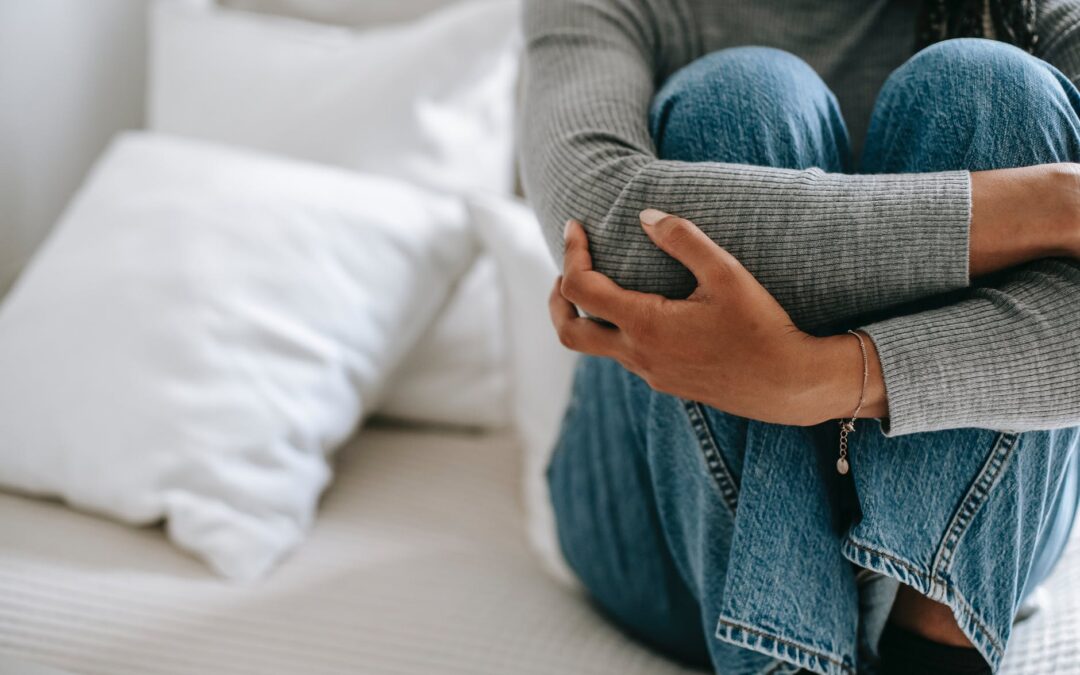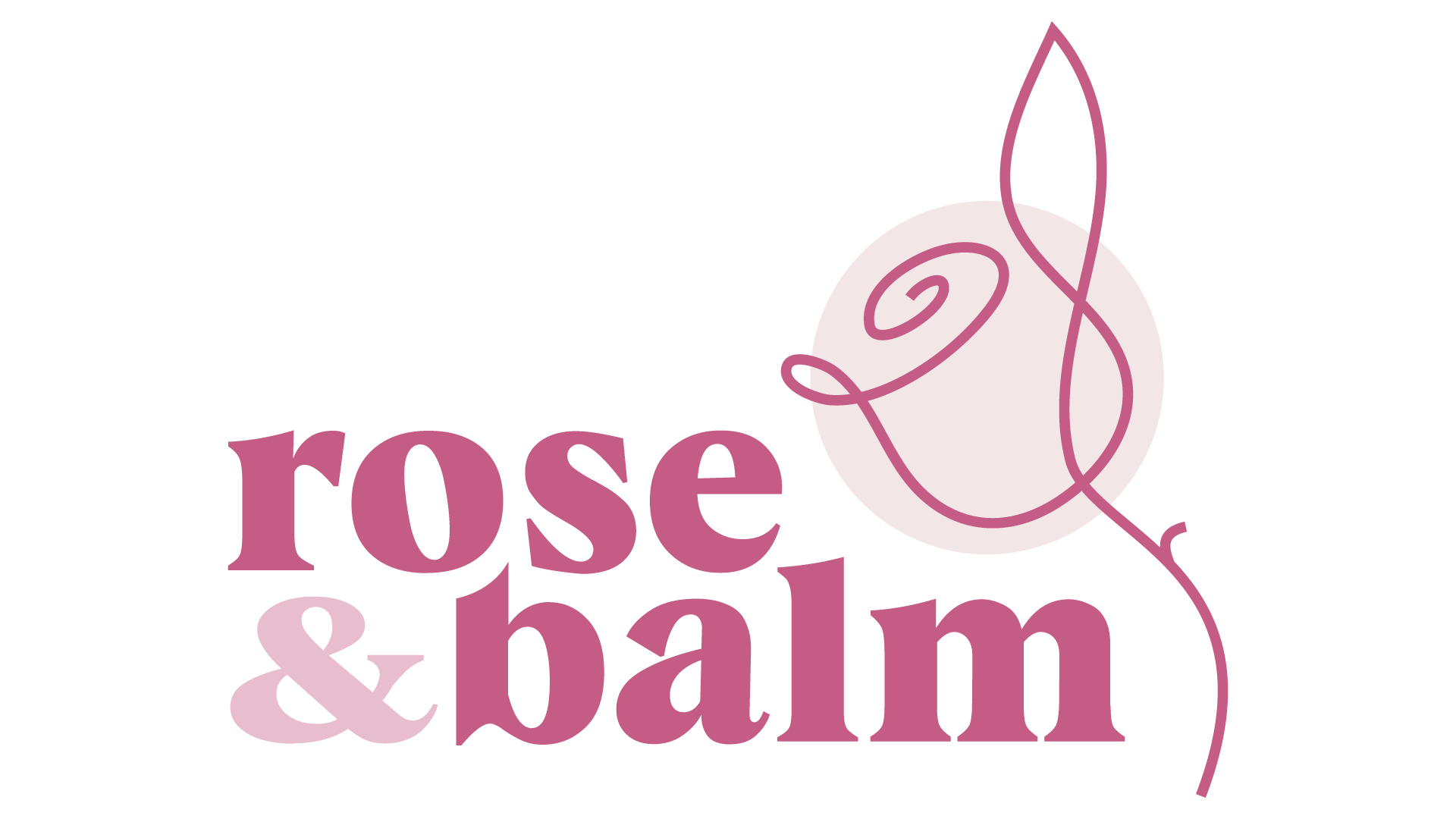Introduction
Are you in your 40s and have noticed that your premenstrual syndrome (PMS) is getting worse? Is the perimenopause making your PMS worse? Read on to see how you can relieve perimenopausal PMS naturally.
What is the Perimenopause?
Menopause is the time when your periods stop completely and is a natural stage in a woman’s life.
The perimenopause is the transitional time leading up to the menopause. It commonly lasts for 4 to 5 years but may go on for as long as 10 years. Menopause usually happens between the ages of 48 and 52 years, but anywhere between 45 and 55 years old is normal.
During the perimenopause shifts in hormonal levels can produce a number of symptoms. Women can experience mood changes, sleep problems, changes to the menstrual cycle and worsening PMS.
Typical Symptoms of Perimenopause
Typical symptoms during the perimenopause that you may experience can be due to reducing progesterone levels.
- Changes to the menstrual cycle
- Periods may become more frequent or less frequent
- The number of days your period last may increase or decrease
- The flow may become lighter or heavier
Other symptoms are thought to be due to the lowering levels of oestrogen.
- Vaginal dryness
- Hot flushes and night sweats
- Mood symptoms including depression and anxiety
- Worsening PMS symptoms
- Insomnia and fatigue
Is it Perimenopause Making Your PMS Worse?
Women in their 40s may think that changes to their PMS, menstrual cycle or mood are due to perimenopause. Fatigue and hot flushes are also often assumed to be the same.
These symptoms may have other causes and so it is best to see you GP. Stress or thyroid problems, for example, can cause these symptoms too. If you struggle with anxiety, depression, or insomnia then you may need support with your mental health.
When You Need to See Your GP
See your GP if your periods become very heavy or if you have bleeding between your periods. It is also important to have changes to period pain, or any pain or bleeding during or after sex checked by your GP too.
Any bleeding after menopause must be investigated.
I recommend seeing your GP for any changes you think may be perimenopause. Blood tests are not always reliable but may indicate that hormonal changes are occurring. Your GP can certainly assess your wellbeing and can check to see if something else is causing your symptoms.

Photo by Lisa on Pexels.com
Relieve Perimenopausal PMS Naturally
Stress Management:
Many women at this stage of life have busy, and sometimes stressful, lives. Your body is undergoing major changes to how it functions. Stress can worsen PMS symptoms and cause fatigue, and can also affect how well your body can adapt to change.
Stress management is very important during the perimenopause. If you feel stress is affecting you then please read my article My Absolute Top 5 Easy Ways to Empower You to Beat Stress Naturally.
Diet and Supplements:
Dietary measures to help relieve your perimenopausal PMS symptoms naturally.
- B vitamin complex can help with both stress and PMS symptoms
- Magnesium can be useful for PMS and helps with relaxation
- Iron especially if your periods are heavy
- A good multivitamin and mineral supplement for women should contain all of the above
- Avoid alcohol when you have PMS if you have mood changes
- Reduce coffee if you have tension or anxiety
- Avoid sugar and refined carbohydrates if you have hunger or sweet cravings
- Eat little and often with protein at each meal to help balance your blood sugars
- Try taking an essential fatty acid supplement or use flax seed oil in the diet
Preparing for Menopause:
Now is a good time to think about your overall health and wellbeing.
- Exercise regularly and maintain a healthy weight
- Ensure your diet is healthy and include plenty of fruits and vegetables
- Include plant oestrogens such as soya, crushed flaxseeds, lentils and pulses in your diet
- Improve your gut bacteria with root vegetables, pulses, oats and fruits such as bananas, apples and peaches
- Use a probiotic or eat yoghurt of kefir to help with gut bacteria if needed
- Make sure alcohol consumption is within the 14 units a week guideline
- If you smoke, now is the time to stop!
Which Herbs Can Help:
Herbs to help relieve perimenopausal PMS naturally.
- Ashwaganda (Withania somniferum) is excellent where there is any stress or sleep problems. As a herbal adaptogen Ashwaganda can help the body to cope with change and stress. Try this herb if you are under stress and are feeling tired or overwhelmed.
- Lavender (Lavandula angustifolia) is such a lovely and well known herb. Gently calming and helping to relieve tension and headaches it also helps to lift low mood. This can be useful if you have premenstrual tension, anxiety or low mood, or just need help to relax.
- Passion flower (Passiflora incarnata) is a very beautiful and ornamental flower found in many gardens. Passion flower is very calming and can help with anxiety and insomnia. Try this if you feel very tense of have problems with sleep.
- St John’s wort (Hypericum perforatum) is a classic herb for nervous problems. Used in mild anxiety and mild depression. It can be helpful if you suffer from premenstrual mood symptoms.
- Milk thistle (Silybum marianum) protects the liver and supports liver function. Used to help clear hormones during the menstrual cycle and to reduce symptoms of PMS. Try a liver herb such as milk thistle and see if this helps you.
- Shatavari (Asparagus racemosus) is a tonic herb that supports female reproductive health. Used for both PMS and menopause try Shatavari for perimenopausal PMS. Also a herbal adaptogen this herb is good choice for hormonal support if you are under stress.
- Wild yam (Dioscorea villosa) is helpful as a hormonal herb and helps liver and digestive function. Try wild yam for hormonal support. Helpful for irritable bowel syndrome too.
Cautions
Consult a medical professional before using herbal remedies if you:
- Take any medication
- Have medical condition
- Are pregnant or breastfeeding
- Shatavari, wild yam, and Ashwaganda may irritate the stomach
- St John’s wort can interact with many prescribed medications. Check with your GP, pharmacist or Medical Herbalist before taking.
If you would like to find out more about relieving your perimenopausal PMS naturally please get in touch and book your free discovery call with me here.
Disclaimer
This article does not substitute for professional medical advice or treatment.


Recent Comments